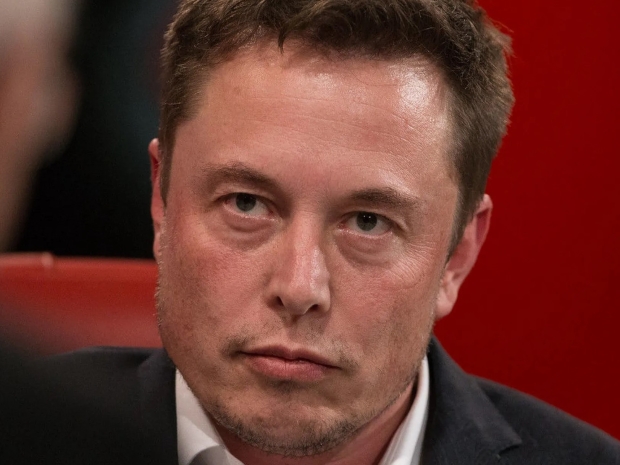Musk’s Neuralink is running a six-year trial dubbed “the PRIME Study”, which is supposed to test its tech, which helps those with paralysis control devices. The company is looking for people with quadriplegia due to vertical spinal cord injury or ALS who are over 22 and have a “consistent and reliable caregiver” to be part of the study.
PRIME Study is based around the acronym Precise Robotically Implanted Brain-Computer Interface because that sort of spelling precision is what you want to see from someone who installs a chip in your head.
It will test the N1 implant, Neuralink’s brain-computer device, the R1 robot, which implants the device and the N1 User App, the software that connects to the N1 and translates brain signals into computer actions.
Neuralink says it’s planning to test the safety and efficacy of all three system parts.
The Neuralink method is controversial, mainly because less invasive measures have eclipsed it, but partly because of the high body count amongst the animals it was tested against. The Guardian reported that around 1,500 animals - including more than 280 sheep, pigs and monkeys - have died from Neuralink tests since 2018. Musk denied that any monkeys had died, but then he also said that we would have an affordable working robot this year.

